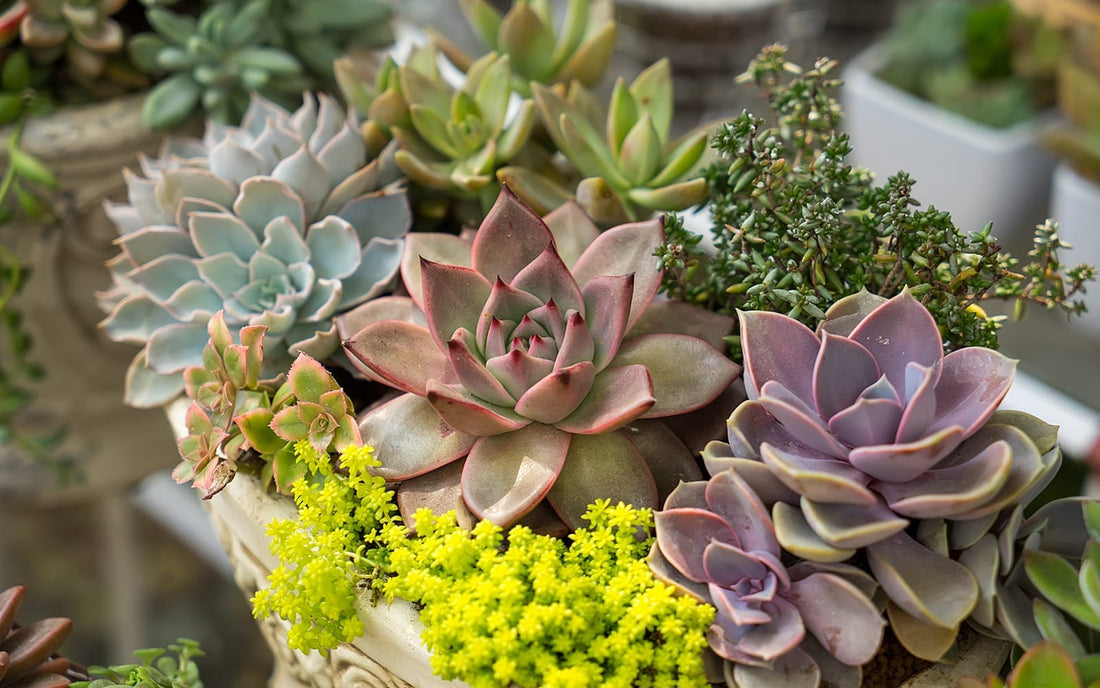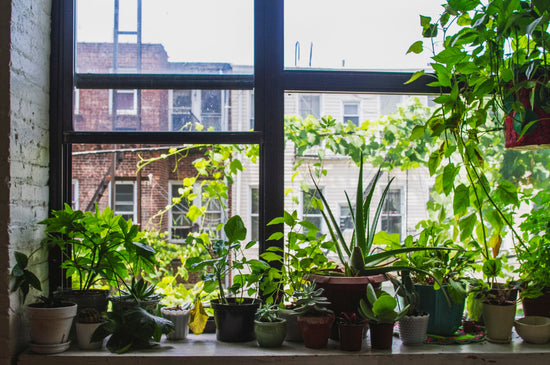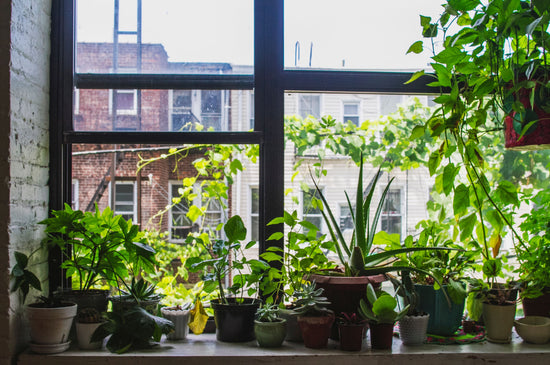Are Cactus Toxic to Cats?
Cacti are a popular choice among plant enthusiasts due to their unique shapes, low-maintenance care, and ability to thrive in a variety of environments. However, pet owners often wonder if cacti are safe to keep around cats. While most cacti, such as the Fairy Castle Cactus, are not toxic to cats, there are some plants that resemble cacti or are categorized as succulents that could pose risks. Knowing the difference and taking precautions is crucial for keeping your feline friends safe.
Are Cactus Plants Safe for Cats?
The good news is that most true cacti are not toxic to cats. However, there are a few important points to consider:
-
Spines and Physical Harm
- While cacti like the Lifesaver Cactus are non-toxic, their spines can cause physical harm if a curious cat tries to bite or swat at them.
- Opt for spineless varieties like the Christmas Cactus to avoid injuries.
-
Toxic Look-Alikes
- Some succulents, such as euphorbias (e.g., Pencil Cactus), contain sap that is toxic to cats. These should be kept out of reach.
-
Mild Digestive Upset
- Even non-toxic cacti, if ingested, may cause mild stomach upset due to their fibrous texture.
Common Cacti and Succulents: Toxicity Overview
Here’s a breakdown of popular cacti and succulents to help you determine which are safe for cats:
-
Christmas Cactus (Schlumbergera bridgesii)
- Safe for cats and a great choice for the holidays. Check out the Christmas Cactus for a colorful, pet-friendly option.
-
Pencil Cactus (Euphorbia tirucalli)
- Contains toxic sap that can irritate a cat’s mouth and stomach. Avoid keeping this plant within reach of pets.
-
Desert Rose (Adenium obesum)
- This striking succulent is highly toxic to cats if ingested. If you own a Desert Rose Plant, place it in a location inaccessible to pets.
-
Fairy Castle Cactus (Cereus tetragonus)
- Non-toxic and pet-safe, making it a great indoor plant.
-
Lithops (Living Stones)
- Safe for cats and a fun, low-maintenance succulent option.
Tips for Keeping Cats and Cacti Together
If you love both plants and pets, here are some tips to ensure harmony in your home:
-
Choose Pet-Safe Plants
- Stick with non-toxic options like the Christmas Cactus or Fairy Castle Cactus to minimize risks.
-
Place Plants Strategically
- Use hanging planters or high shelves to keep plants like the Pencil Cactus out of reach.
-
Create a Cat-Friendly Zone
- Offer your cat alternative plants, such as cat grass or catnip, to divert their attention away from your cacti.
-
Monitor Plant-Cat Interactions
- Keep an eye on your cat to ensure they don’t nibble on or play with your plants.
-
Use Pet Deterrents
- Spray natural deterrents or place aluminum foil around pots to discourage cats from exploring.
FAQs About Cacti and Cats
Q: Are all cacti safe for cats?
A: Most true cacti are safe for cats, but physical harm from spines can be a concern.
Q: Which succulents should I avoid if I have cats?
A: Avoid toxic plants like the Pencil Cactus and Desert Rose.
Q: How can I protect my cat from toxic plants?
A: Place toxic plants in areas inaccessible to pets and opt for pet-friendly options like the Fairy Castle Cactus.
Q: Can cats eat Christmas Cactus?
A: Christmas Cactus is safe for cats and unlikely to cause harm if ingested.
Q: Where can I find pet-safe cacti?
A: Explore a range of pet-friendly cacti and succulents at Wekiva Foliage.
By selecting non-toxic plants and taking simple precautions, you can enjoy the beauty of cacti and succulents without compromising your cat’s safety. Visit Wekiva Foliage to discover a variety of pet-safe options, including the Christmas Cactus and Fairy Castle Cactus.





